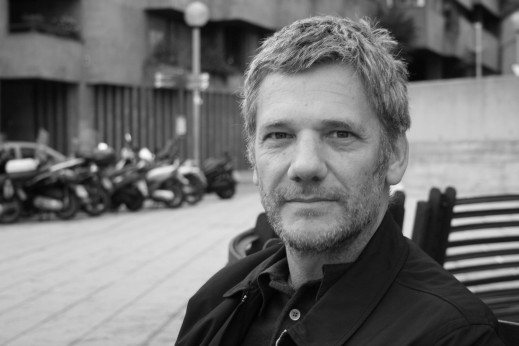Grief Story
Original title: Historia del llanto
By the age of thirteen, the hero of Historia del Llanto has undergone a perfect training in progressive politics. He is a sensitive boy, who has studied hard at the school of pain and feeling, has spent time with those who have suffered and has digested all the required reading for political militants in 1960s Latin America. However, one day in September 1973, while watching Pinochet’s coup against Salvador Allende, as the Palacio de La Moneda burns on his television screen, he tries to cry but finds himself as dry as a desert. Suddenly his precocious CV as an incipient revolutionary begins to crumble.
Historia del Llanto is a novel that retrospectively examines the myths of the 1970s—the underground lifestyle, the double lives, the sacrifice—through a prism that is faulty, but fertile: the point of contact between the intimate whispers of the consciousness and the loud cries of politics.
"Alan Pauls has cemented his position as one of the best living South American novelists” (Roberto Bolaño).
“The rise of Alan Pauls is the best thing that has happened to Argentinean literature since the appearance of Manuel Puig” (Ricardo Piglia).
By the age of thirteen, the hero of Historia del Llanto has undergone a perfect training in progressive politics. He is a sensitive boy, who has studied hard at the school of pain and feeling, has spent time with those who have suffered and has digested all the required reading for political militants in 1960s Latin America. However, one day in September 1973, while watching Pinochet’s coup against Salvador Allende, as the Palacio de La Moneda burns on his television screen, he tries to cry but finds himself as dry as a desert. Suddenly his precocious CV as an incipient revolutionary begins to crumble.
Historia del Llanto is a novel that retrospectively examines the myths of the 1970s—the underground lifestyle, the double lives, the sacrifice—through a prism that is faulty, but fertile: the point of contact between the intimate whispers of the consciousness and the loud cries of politics.
"Alan Pauls has cemented his position as one of the best living South American novelists” (Roberto Bolaño).
“The rise of Alan Pauls is the best thing that has happened to Argentinean literature since the appearance of Manuel Puig” (Ricardo Piglia).
